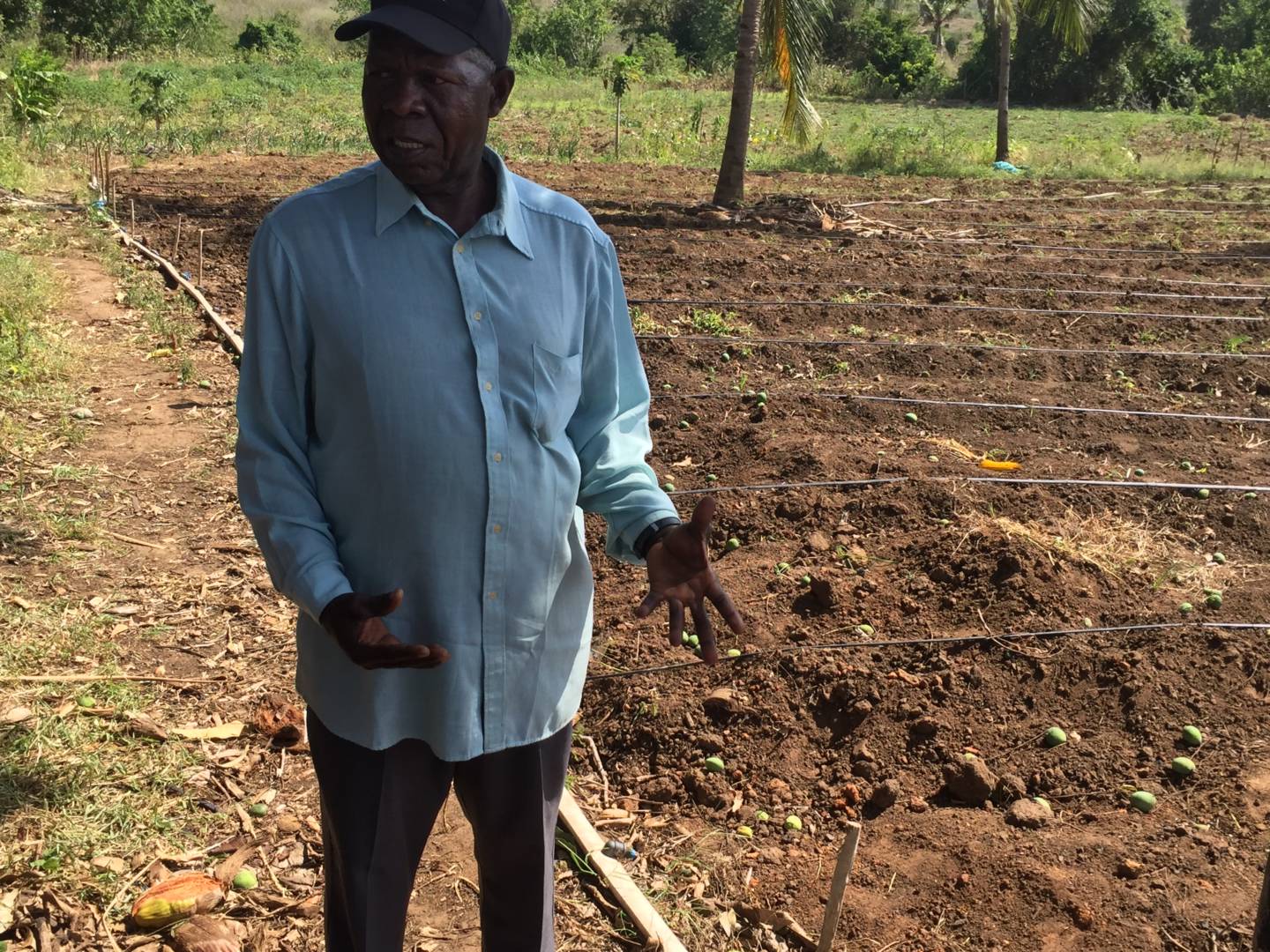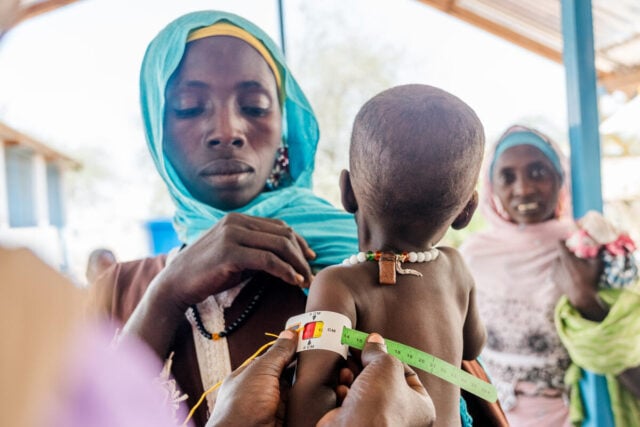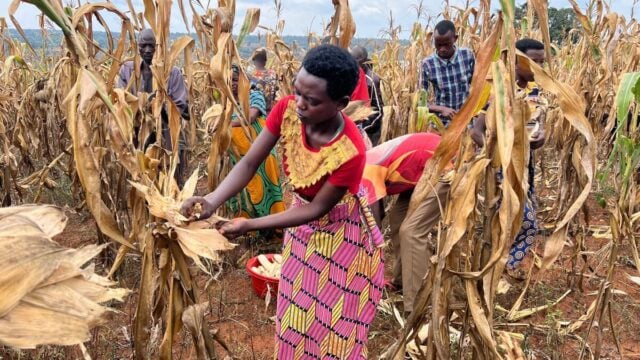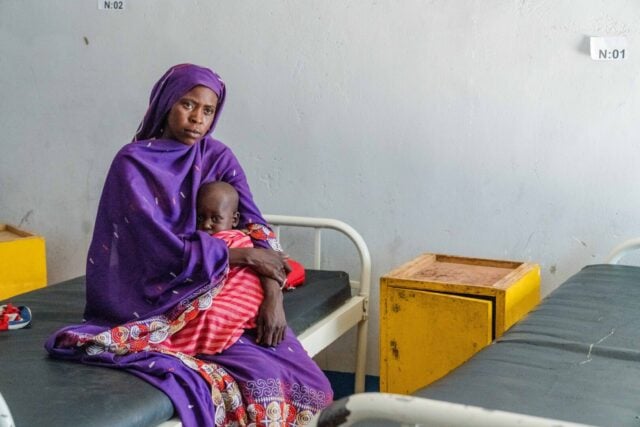The sun rises on the fields of Tanzania, casting light over rows of cassava plants where Christian Kayombo, a 64-year-old farmer, devotes his days. Cassava farming, while challenging, is the beating heart of his livelihood, a common narrative woven into the lives of many Tanzanians. Christian’s life took a heart-wrenching turn when he and his wife became the guardians of two of their grandchildren.
“Life was hard; my daughter Martina died, and her husband,” says Christian. “Taking care of orphans was a very difficult task as my cassava farming did not pay enough to cater for my own needs, let alone caring for these grandchildren.”
Christian was cultivating kitingisha and kibandua meno, varieties of cassava notorious for their lackluster qualities: low yield, susceptibility to disease, drought intolerance, and lack of market appeal. While he did his best with the farming methods he knew, Christian was finding it hard to make ends meet.
His hardships were further amplified by a bleak economic landscape in Tanzania. Fluctuating exchange rates devalued the Tanzanian shilling, driving up the prices of imported goods and services and reducing the earnings of farmers like Christian.
A multi-faceted approach
A turning point arrived for Christian with the introduction of the Wekeza project, named after the Swahili word for “invested.” This project, funded by the U.S. Department of Labor and led by the International Rescue Committee, was launched in 2012 to ensure that children could stay in school and avoid being trapped in child labor due to financial hardship. World Vision’s role was to help households increase their income and access to alternative livelihoods and improve resilience to economic shocks through savings and credit.
The Wekeza project introduced Christian and other farmers to the kiroba variety of cassava that promised higher yields and a more significant market appeal. World Vision used demonstration plots to teach new techniques to farmers and show potential yield improvements from these methods. Though it takes time to change the way things have always been done, the new practices were adopted by more than 70% of the farmers, resulting in a notable improvement in their skills.
Since agriculture can be risky, families were equipped to diversify their income sources through training and support for raising livestock, bees, and poultry: a safety net in times of need.
One critical component of the Wekeza project was the establishment of Village Community Banks (VICOBAs). These banks offered a lifeline to people in poverty who weren’t able to access traditional financial institutions. They enabled families to save and borrow small sums of money, enhancing their ability to withstand financial shocks.
Harvesting the benefits of better livelihoods
The efforts bore fruit for Christian, who had joined the Jembe farmers group. Jembe is a Swahili word for a hoe-like farming tool. Christian replicated the new techniques on his 0.75-acre farm, and his hard work paid off when he harvested 80 bags of cassava. Sixty bags were sold for profit, a yield that enabled him to provide well for the loved ones under his care.
“It was a big challenge to support my family and grandchildren, but as of now, I can support them with meals and [provide for their] needs,” says Christian. “Apart from farming, VICOBA groups are complementing these efforts and life is made much easier.’’ The community banks were instrumental in the farmers acquiring a cassava-milling machine, which significantly increased their production.
In addition to cassava, Christian and his fellow farmers began exploring other ventures. Using drip irrigation, they started cultivating crops like tomatoes, cucumbers, and watermelon to diversify their income.
The Wekeza project brought about substantial improvements to the lives of 4,962 families in addition to Christian’s. As the project was nearing its end date in late 2016, its influence had already spread to other families in the surrounding area. The integration of diversified income sources and savings programs in particular have created a strong foundation for families, enabling them to withstand challenges. That’s the essence of the Wekeza project — to invest in a sustainable future.
Wekeza project was funded by the U.S. Department of Labor (USDOL). This story does not necessarily reflect the views or policies of the USDOL, nor does the mention of trade names, commercial products, or organizations imply endorsement by the United States government.
Amy Van Drunen of World Vision’s U.S. staff contributed to this article.




